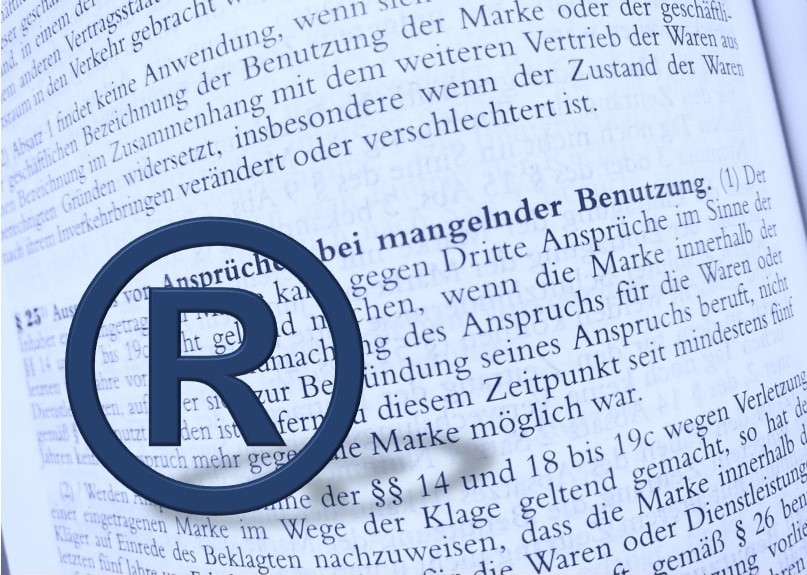The ECJ recently provided more protection for trademark owners against parallel importers with three important decisions.
In decisions C-147/20, C-224/20 and C-253/20, the question of the need for repackaging was raised against the background of the measures required under Directive 2011/62/EU to control the manipulation of packaging in accordance with Art. 47a of Directive 2001/83 and pursuant to Art. 16 of Delegated Regulation 2016/161.
These manipulation control devices were originally intended to protect against counterfeit medicines and are designed in such a way that any opening of the packaging would be clearly evident. The question to be clarified by the ECJ was whether such an opening of the packaging, which parallel importers claim is necessary in order to exchange the package insert, among other reasons, satisfies a justification for repackaging into a new and different wrapping.
In the above stated cases, the ECJ has now decided that opening the original packaging by the parallel importer does not automatically justify such repackaging.
According to the Advocate General, repackaging in new packaging is a more serious interference with the trademark owner’s powers than marketing the goods in their newly labeled original packaging.
According to the ECJ, new packaging is only justified when the relabeling and resealing of a product in its original packaging would somehow obstruct access to the parallel market. In those circumstances, the repackaging of medicinal products in a new packaging would not be aimed exclusively at an economic advantage, but rather a necessary measure to obtain effective access to the relevant market.
The burden of proof for justifying the repackaging lies with the parallel importer, who must now state the specific circumstances that make repackaging necessary and not solely due to the economic advantages present by new packaging.
The ECJ determined that repackaging in a new packaging is to be considered objectively necessary if the device against tampering with which the outer packaging of the medicinal product in question is provided, cannot be not objectively replaced by an equivalent device within the meaning of Art. 47a para 1 letter b of Directive 2001/83. In other words, signs of tampering on the outer packaging of a medicinal product are not sufficient grounds to assume that a substitute anti-tampering device is will not be equally effective, if there is no doubt among wholesalers and persons authorized or empowered to supply medicinal products to the public, that said tampering of the medicinal product packaging was done by the parallel importer.
Conclusion:
With the decisions of the ECJ, the previous automatism of repackaging parallel imports has been decisively rejected. The opening of packaging required for parallel import to check for manipulation and other associated traces of tampering does not justify repackaging in new packaging. It is thereby necessary to ensure that sufficient replacement devices against manipulation by the parallel importer are attached, which will indicate that the original packaging has been opened with authorization.
Repacking is only possible in exceptional cases, the reason for which must be proven by the parallel importer.
Further information can be found at https://academic.oup.com/jiplp/advance-article-abstract/doi/10.1093/jiplp/jpad078/7262926?utm_source=advanceaccess&utm_campaign=jiplp&utm_medium=email.
